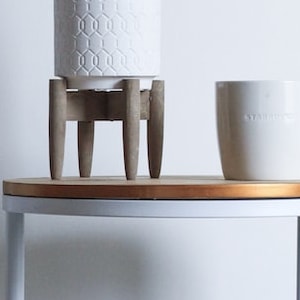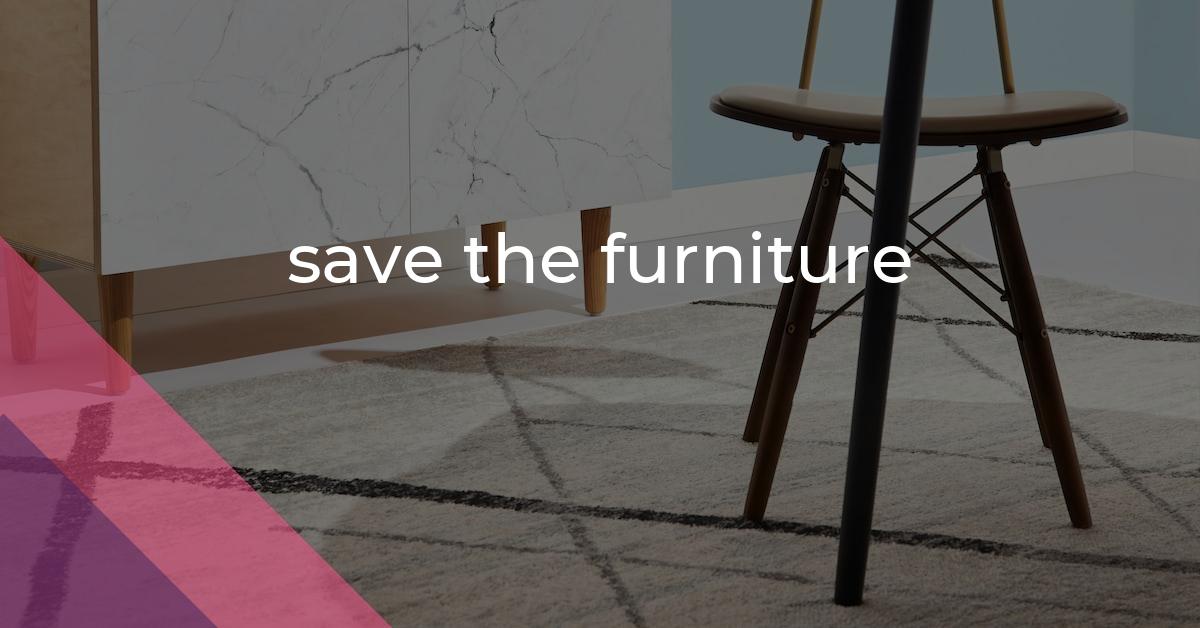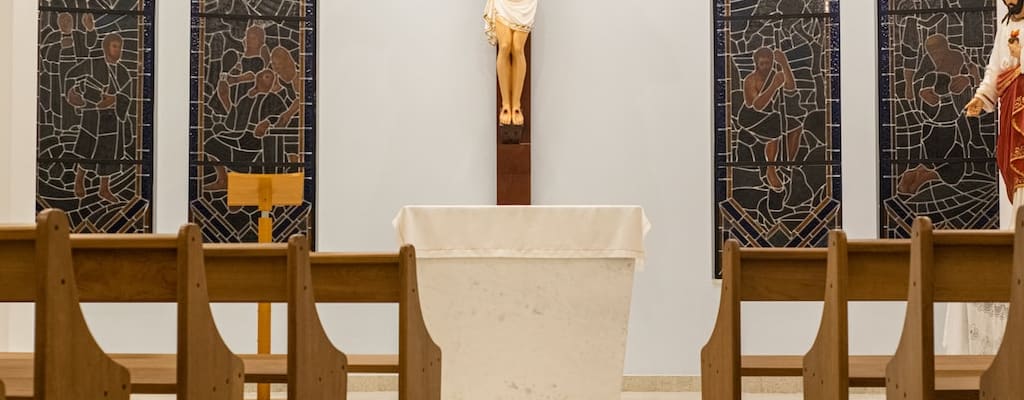save the furniture: Idiom Meaning and Origin
What does ‘save the furniture’ mean?
The idiom "save the furniture" means to prevent a potentially disastrous situation from becoming worse or to salvage something valuable from a negative situation.

Idiom Explorer
The idiom "sell dearly" means to fight or resist strongly in a situation, particularly when faced with a disadvantage or loss. It implies that one should make every effort to protect their interests and not give up easily.
When someone "saves the day," they act heroically or ingeniously to resolve a difficult situation or prevent a disaster.
The idiom "save someone's skin" means to rescue or protect someone from danger or harm.
The idiom "save someone's face" means to protect someone's reputation or dignity by preventing them from feeling embarrassment or humiliation.
The idiom "save one's breath" means to not waste one's time and effort in trying to convince or persuade someone who is unlikely to change their opinion or beliefs.
"Save it" is an idiom that means to stop talking or expressing an opinion, usually because the speaker's point is not wanted or considered relevant by the listener.
The idiom "saved by the bell" means being rescued or helped at the last moment, usually from a difficult or dangerous situation.
The idiom "save by the bell" means to be rescued or spared from a difficult or dangerous situation at the last possible moment.
An idiom is a phrase that does not have a literal meaning. The idiom "save" means to keep money or resources for future use, or to rescue someone or something from danger or harm.
Unexpected Origins
The idiom "save someone's skin" is another expression used in the English language. It refers to protecting or rescuing someone from a dangerous situation or preventing them from getting into trouble. This idiom emphasizes the need to prioritize the safety and well-being of others, much like the notion of saving the furniture. In both cases, there is a sense of responsibility and care towards preserving what is valuable and avoiding potential harm.
When navigating through chaotic or unpredictable circumstances, it is crucial to extend our concern beyond just safeguarding our possessions. The idiom "save someone's skin" reminds us of the importance of looking out for one another and taking proactive measures to ensure the safety and security of those around us. It encourages acts of kindness, empathy, and protection, highlighting the humanistic nature inherent in both idiomatic expressions.
On a related note, the idiom "move furniture" carries a different connotation but is still linked to the idea of maintaining and protecting our belongings. "Move furniture" is often used metaphorically to describe initiating significant changes or rearrangements in one's life, habits, or routines. Just as we might rearrange furniture to create a new and refreshing space, this idiom implies a deliberate shift in our actions or behaviors.
By employing the idiom "move furniture," individuals are prompted to reconsider their current circumstances, evaluate their choices, and potentially make adjustments in order to improve their overall well-being. It serves as a reminder that we have the agency and ability to make change, further emphasizing the importance of taking action to preserve what is valuable and create positive outcomes in various aspects of our lives.
The idiom "save the furniture" encourages us to protect our belongings and possessions from potential damage or harm during chaotic or unpredictable situations. It emphasizes the need for precaution and preparedness, inspiring us to be diligent in safeguarding what is valuable to us. Similarly, related idioms such as "save someone's skin" and "move furniture" invoke the ideals of considering the safety and well-being of others and initiating meaningful changes in our lives.
These idioms reflect the richness and versatility of the English language, offering unique perspectives and insights into our actions and choices. They remind us that language is not merely a tool for communication, but also a source of inspiration and guidance. By being mindful of idiomatic expressions and their underlying meanings, we can deepen our understanding of the world around us and enhance our ability to connect with others.
Example usage
Examples of how the idiom "save the furniture" can be used:
- She managed to save the furniture by negotiating with the bank for a lower mortgage payment.
- During the storm, they quickly moved the valuable items upstairs to save the furniture from water damage.
- After the breakup, he tried to save the furniture by selling some of his possessions to cover the rent.
More "Slang" idioms



